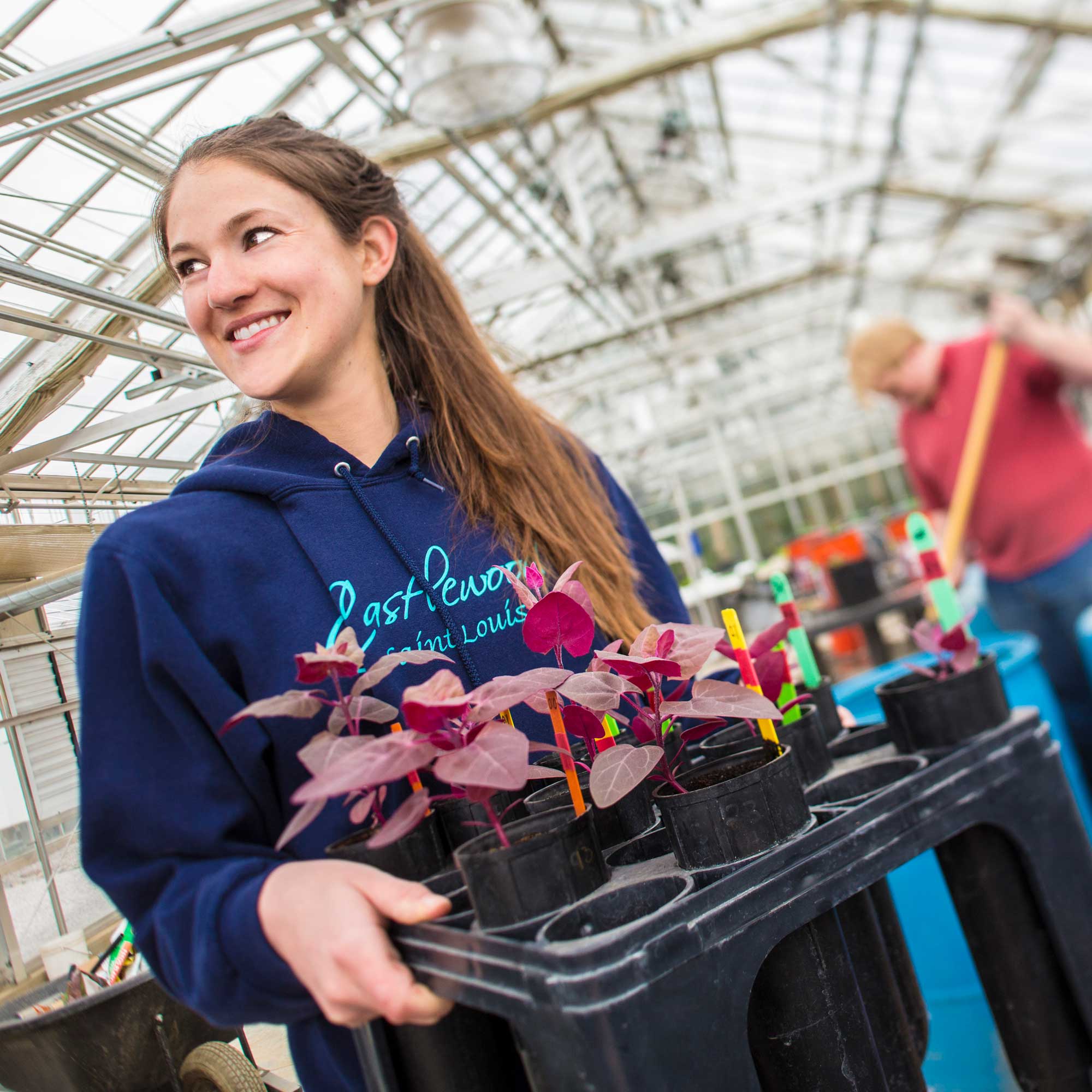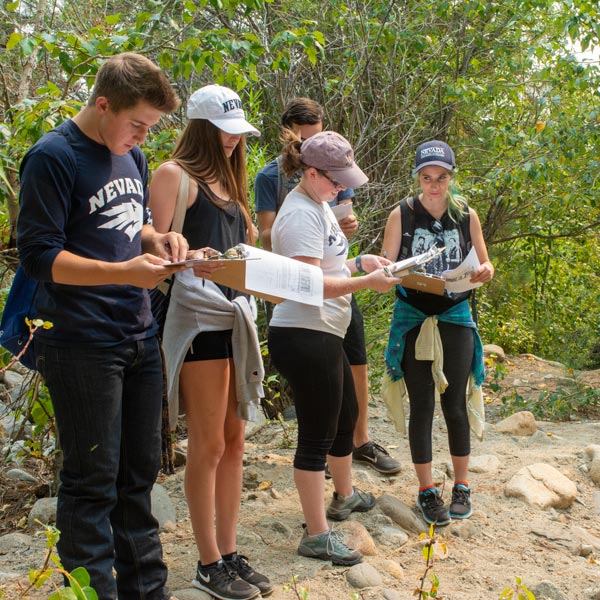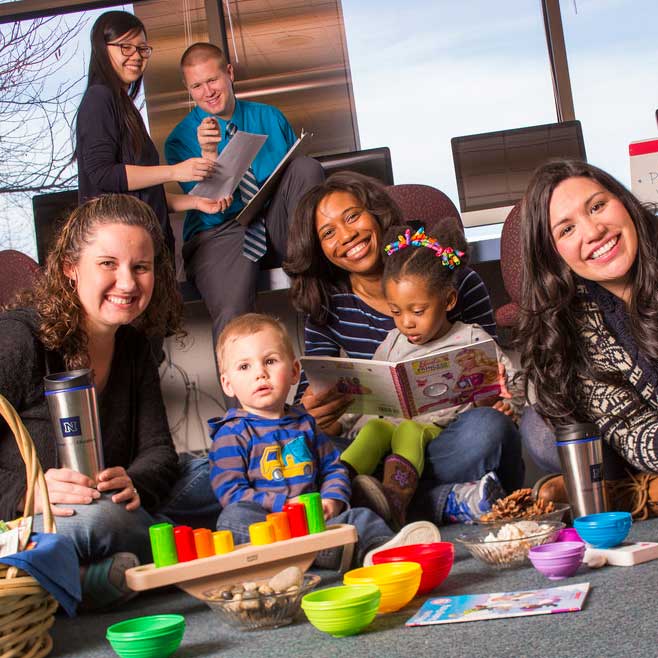About our College
A founding college of the University, we have a long tradition of excellence in teaching, research and engagement programs that benefit the health and economic vitality of Nevada. We offer programs in:
- agriculture, horticulture, rangeland and veterinary sciences
- biochemistry and molecular biology
- children, youth and families
- community and economic development
- health and nutrition
- natural resources and environmental science
July marks anniversary of Land-Grant College Act
Act established schools to serve local communities, advance the public good
The Morrill Act of 1862, commonly known as the Land-Grant College Act, is one of America's greatest ideas, and it shaped the University's values of making higher education more easily accessed for more Americans.
Founded in 1874, our University was established as one of the nation's land-grant institutions under the Morrill Act of 1862, which was signed into law by President Abraham Lincoln on July 2. The act provided for a land-grant institution in each state of the Union. The designation allowed for use of funds generated by the sale of federal lands to establish and operate universities.
Today, the University fulfills its land-grant mission to the betterment of humanity, the environment and Nevada through education, research and outreach. It has a positive economic impact of more than $1.34 billion annually to the State of Nevada, and it:
- Makes education affordable for students and prepares them for the Nevada job market
- Helps people, communities and small businesses with programs throughout the state
- Partners for innovation with corporations
Extension improves lives of Nevadans
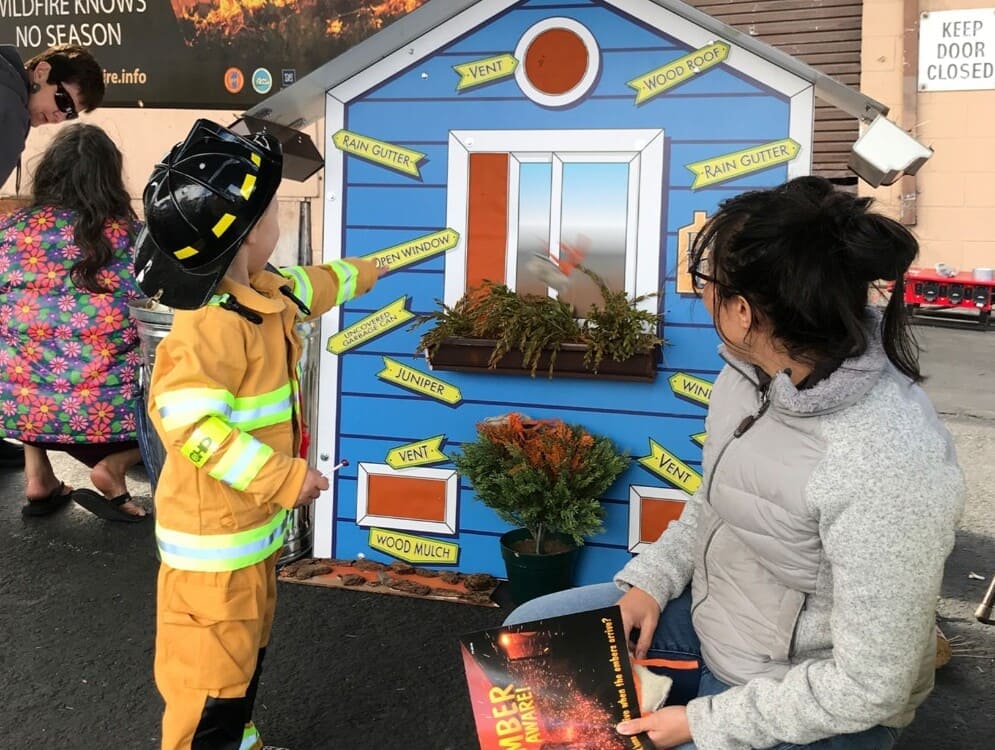
With offices in nearly every Nevada county, and five in Clark County with another planned, Extension provides Nevadans with research-based information and programs that have a lasting impact.
Experiment Station projects serve Nevadans
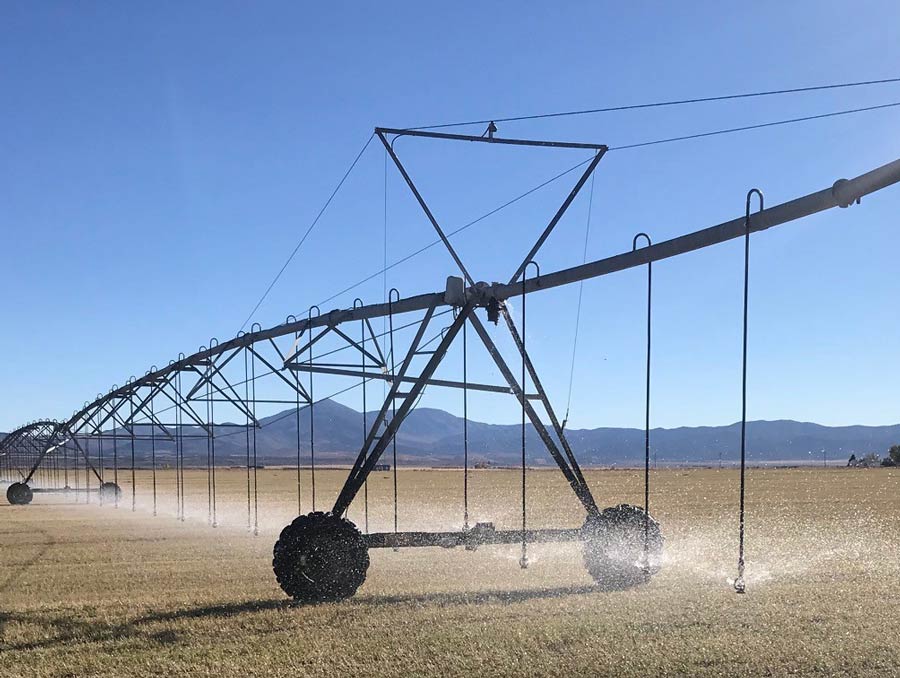
The College's research unit maintains a network of field stations throughout the state, providing opportunities for studies to help communities in Nevada, the U.S. and the world.
Extension offers outdoor programs for Nevada's youth
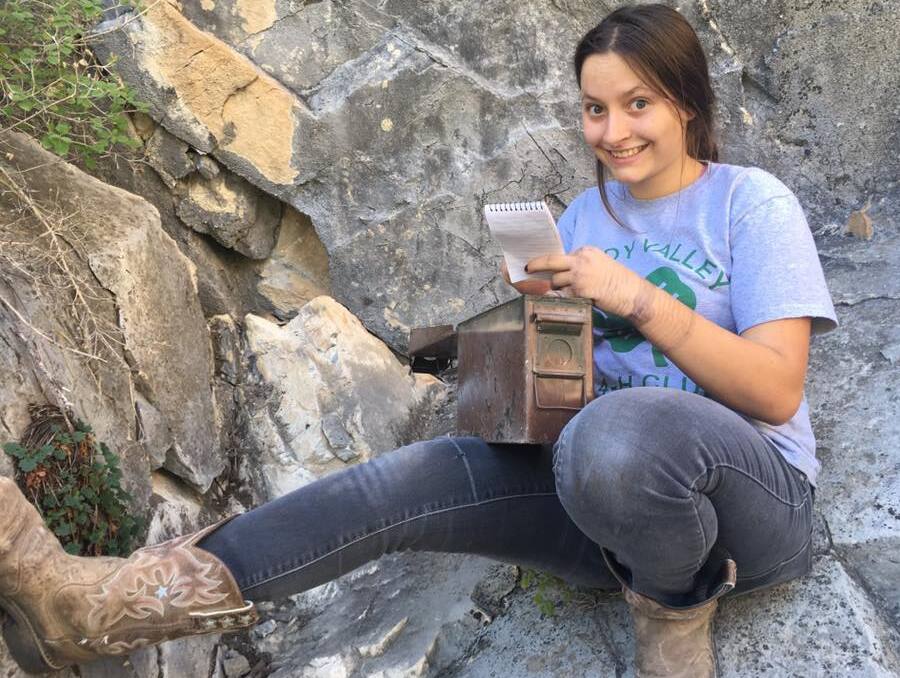
Extension's 4-H Youth Development Program engages youth in outdoor educational programming, including hiking and camping, water quality education, wildlife science, and more.
Serving every single Nevadan
"Serving our community remains a foundational underpinning of everything that we do. Our commitment to the land grant is so important because as we help solve our state’s economic and social challenges, we are representative in every possible way of the experiences, backgrounds and aspirations of every single Nevadan." - President Brian Sandoval
Professor retires after establishing wine grape growing legacy
Grant Cramer retires after 33 years with University
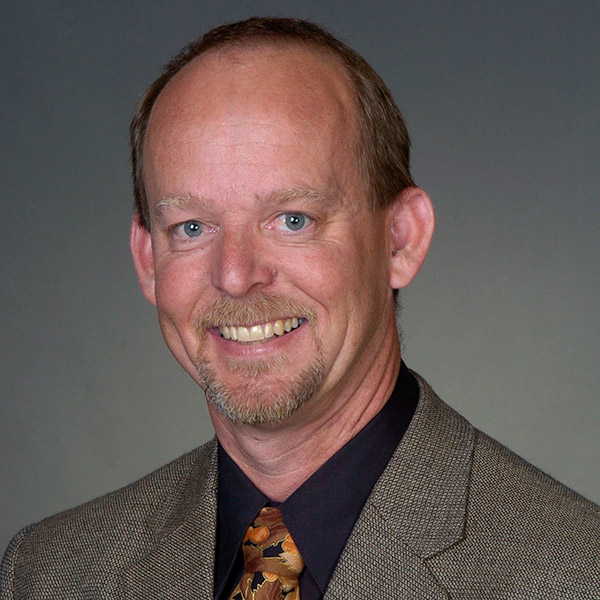 Grant Cramer is leaving behind a legacy of significant research on viticulture and winemaking in Nevada. Photo by Robert Moore.
Grant Cramer is leaving behind a legacy of significant research on viticulture and winemaking in Nevada. Photo by Robert Moore.After three decades, Professor Emeritus Grant Cramer is retiring from teaching and research that excelled Nevada's reputation in the wine grape growing industry.
Cramer has been called "a pioneer in wine grape functional genomics." He oversaw two vineyards while working with our Experiment Station, and his work revealed chardonnay and cabernet sauvignon grape vines needed a lot less water than previously thought.
Throughout Cramer’s time with the College, he's shared an abundance of expertise with many students and members of the community. After attending his classes and workshops, a number of people went on to start their own wineries, including Mike Steedman and Alynn Delisle, owners of the award-winning Nevada Sunset Winery.
Cramer's knowledge and passion for his work will be missed, and those fortunate enough to have learned from him will continue the work that he pioneered.
Leaving a legacy that impacts Nevada
"I feel very lucky to have had the opportunity to do what I did, and I’m thankful for the University and the Experiment Station for the support. They’ve supported projects that I’ve done throughout my whole career that have had impacts on Nevada and on an international scale. I’m so thankful to have had the chance to serve the community and the University." -Professor Emeritus Grant Cramer
Nevada Extension director leading charge to build national program groups
Nevada’s Ivory Lyles serving as national program committee chair
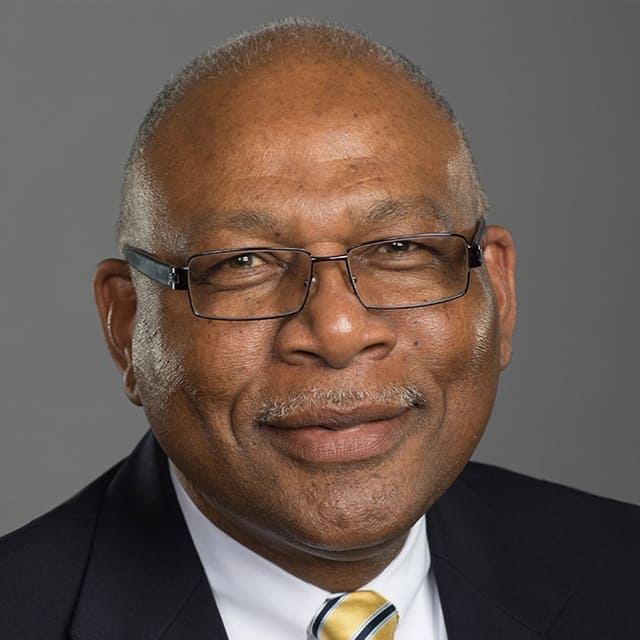 Extension Director Ivory Lyles is chair of the national Program Committee for the Extension Committee on Organization and Policy (ECOP). Photo by Theresa Danna-Douglas.
Extension Director Ivory Lyles is chair of the national Program Committee for the Extension Committee on Organization and Policy (ECOP). Photo by Theresa Danna-Douglas.Extension Director Ivory Lyles is chairing a national subcommittee of the Extension Committee on Organizational Policy, commonly known as ECOP.
As chair of ECOP's Program Committee, Lyles is reshaping the committee's mission and purpose to increase the impact of Extension programs nationally. The committee is now building national working groups that focus on common issues or program areas, including: health; urban agriculture; workforce development; diversity, equity and inclusion; 4-H Positive Youth Development; and broadband/infrastructure (focusing on access and literacy).
With this more organized way for those working on common issues to set goals, work together and share information, programs and research can multiply the impacts of Extension work in communities across the country.
Maximizing benefits to Nevada and national communities
“Extension is a unique system in the U.S. that takes the research and knowledge of our universities and puts it to work to benefit people from all walks of life in both rural and urban communities. Our Program Committee aims to make sure our Extension programs are working together as effectively as possible in order to maximize those benefits to our communities.” -Extension Director Ivory Lyles
University invites nature lovers to weekend of citizen science
Two-day event identifies all living things in the Whittell Forest & Wildlife Area
Black Bears, which are commonly brown in color, are one of the many diverse species found at the University's Whittell Forest & Wildlife Area. Video by Research Associate Conor Phelan.
Sarah Bisbing, assistant professor with our College's Experiment Station and director of our University's Whittell Forest & Wildlife Area, is spearheading an effort to identify and record all living things in the area, including every plant and animal. To accomplish this goal, Bisbing and Forest Manager Hunter Noble harnessed the power of citizen scientists by inviting them to a bioblitz event at the area.
With support from local researchers and specialists, the all-ages citizen scientists catalogued the area's diverse species using the smartphone application, iNaturalist. This crowdsourced the event's data to create a local species list and lay the groundwork to see changes in the species' populations over time.
About 40 people, including some from our University, Cornell University, the University of Texas at Austin, the Nevada Department of Wildlife and the U.S. Forest Service, participated. As they worked, participants were able to enjoy the idyllic 2,650-acre forested property.
"It's an incredibly beautiful piece of land – a hanging valley with a meadow system, quaking aspens and intact wildlife populations," Bisbing said. "It’s an exquisite place for field work."
The area, which sits on the western edge of Washoe Valley, serves as a living field lab. Efforts there, including this bioblitz event, contribute to the understanding and protection of natural ecosystem integrity, while engaging Nevadans in learning and problem-solving.
Photos from the two-day bioblitz event
Engaging Nevadans to solve problems
"Because natural disturbances such as wildfire, insect outbreaks and droughts are becoming more severe and more frequent as a result of climate change, identifying methods to sustain forests and their services will be critical in the near future." -Forest Manager Hunter Noble
Growing a stronger Nevada
Our programs work together to make an impact
Our teaching, research and engagement programs are intertwined and complement one another. Faculty who teach on campus also conduct research as part of our Experiment Station, allowing students to learn about and participate in research. Extension faculty engaging with communities identify research needs, as well as join Experiment Station faculty to conduct research. Faculty on campus help to develop Extension programs in communities.
